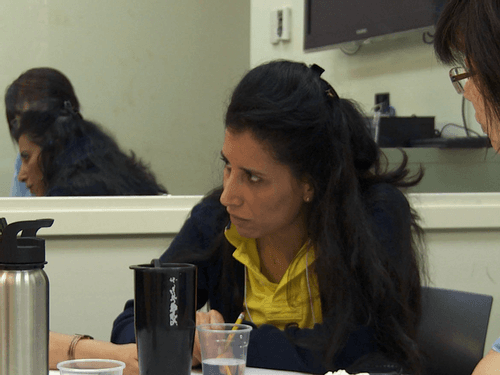What Happens When You Can’t Talk to Yourself?
Curated from: nautil.us
Ideas, facts & insights covering these topics:
4 ideas
·4.74K reads
1
Explore the World's Best Ideas
Join today and uncover 100+ curated journeys from 50+ topics. Unlock access to our mobile app with extensive features.
Losing your inner monologue
Your inner monologue is where you tell yourself, "I don't want to get up yet," or "This is a tasty burger."
Aphasia from Ancient Greek means "without speech." Typically aphasia occurs after a stroke. Reduced blood flow or bleeding causes brain cells to start dying, but the neural transmitters signal the brain's neurons to keep firing, even as they starve from lack of oxygen. Any brain cells killed during this time can't come back.
208
1.68K reads
The damage of aphasia
The damage of aphasia tends to be in two brain areas, the Broca's area in the posterior left prefrontal cortex, and Wernicke's area, the posterior left temporal cortex.
- In Brocha's aphasia, people have problems with fluency, mixing the order of the words, and ignoring grammar.
- In Wernicke's aphasia, the language becomes confused or even nonsense. It can also limit fluency and word formation.
- Global aphasia describes a severe loss of the ability to communicate or understand language.
186
941 reads
The relationship between language and the self
One of the effects of aphasia is losing the ability to talk with yourself. The inner monologue disappears, leaving you unable to process your own thoughts.
The ability to speak with oneself is vital for forming emotions, processing memories, and predicting the future. Internal silence can be described as a total loss of identity.
215
995 reads
Recovery from aphasia
Higher consciousness can survive without an internal monologue. Some degree of recovery from aphasia is possible. The brain has a higher degree of neural plasticity than once understood.
Although language is part of personal identity, it doesn't define the self.
187
1.12K reads
IDEAS CURATED BY
"The more you understand yourself, the more silence there is, the healthier you are." - Maxime Lagacé
Teagan P.'s ideas are part of this journey:
Learn more about health with this collection
How to write an effective resume
How to network and make connections
How to prepare for a job interview
Related collections
Similar ideas
6 ideas
4 ideas
What You Need To Know About Aphasia
huffpost.com
5 ideas
Language Is the Scaffold of the Mind
nautil.us
Read & Learn
20x Faster
without
deepstash
with
deepstash
with
deepstash
Personalized microlearning
—
100+ Learning Journeys
—
Access to 200,000+ ideas
—
Access to the mobile app
—
Unlimited idea saving
—
—
Unlimited history
—
—
Unlimited listening to ideas
—
—
Downloading & offline access
—
—
Supercharge your mind with one idea per day
Enter your email and spend 1 minute every day to learn something new.
I agree to receive email updates

